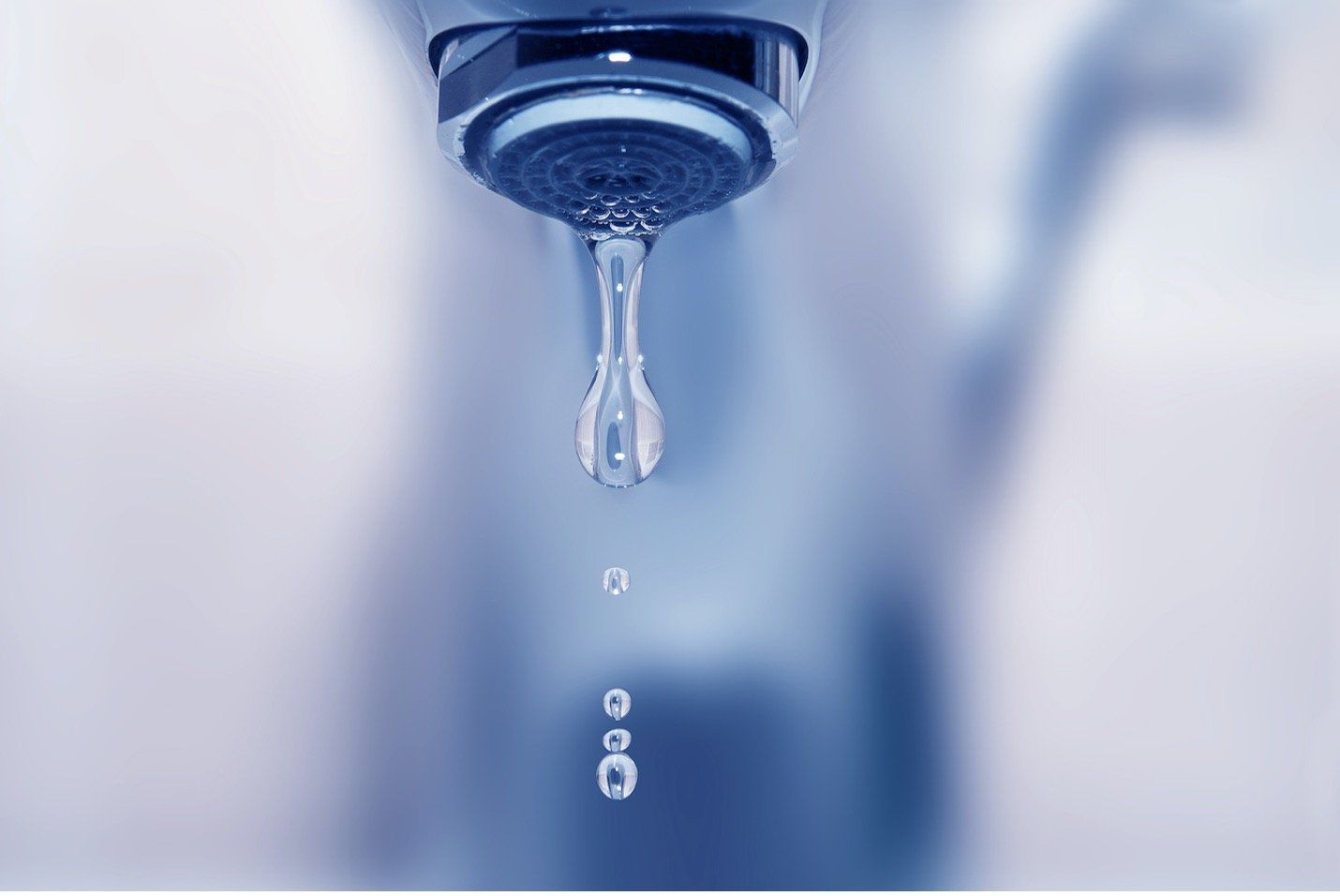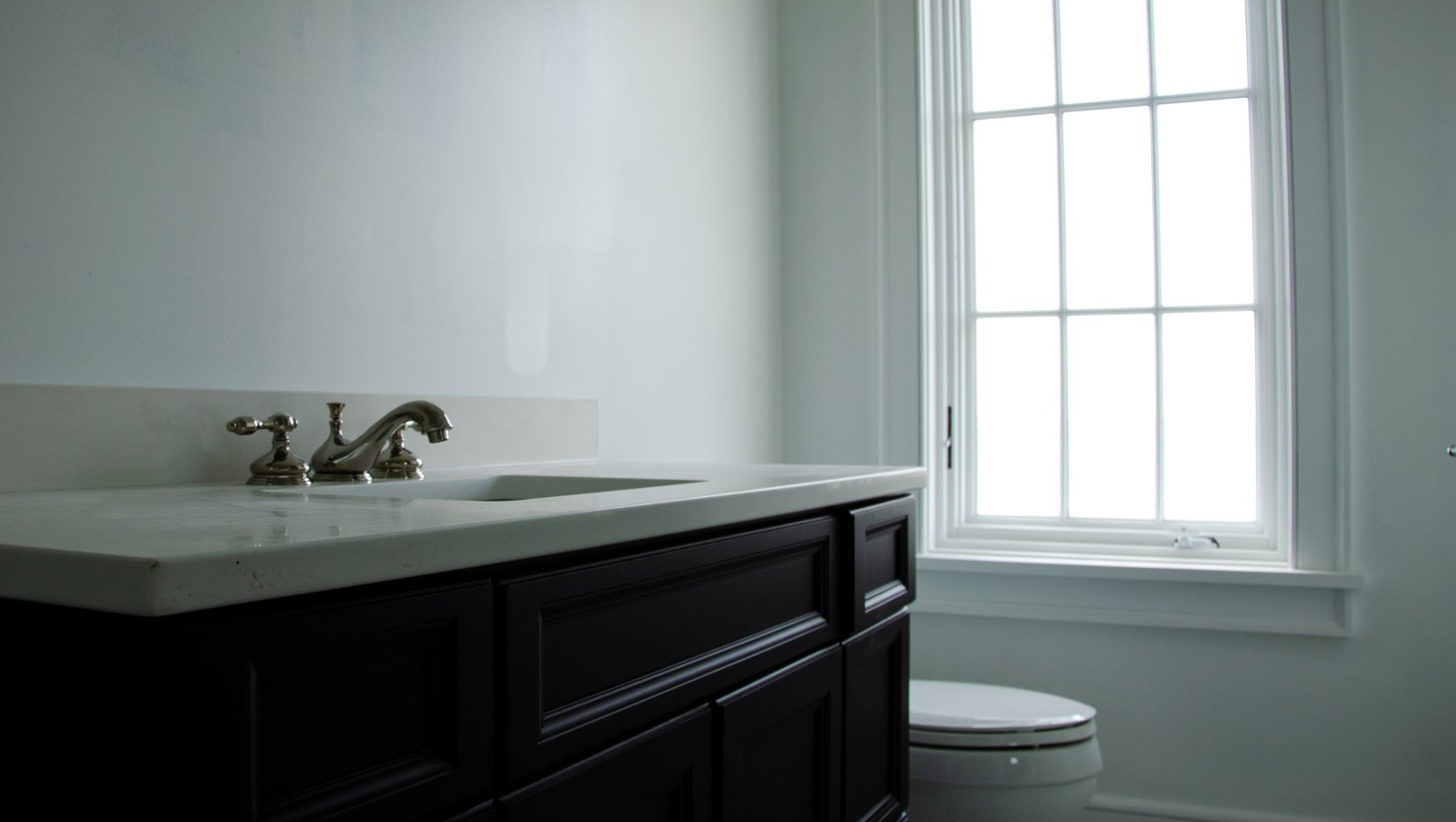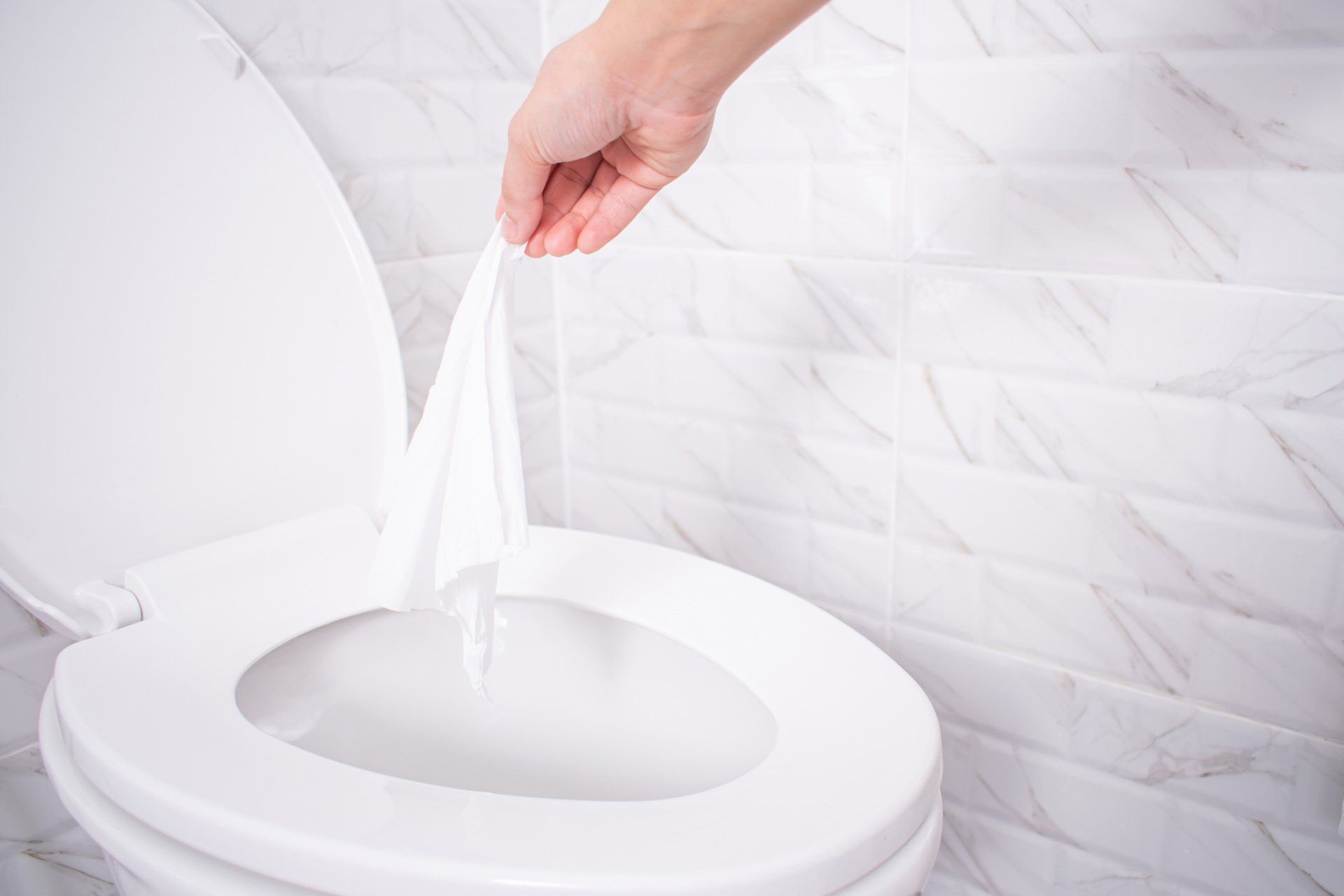Yes, Dripping water Can Cost You Money!
It might be second nature for some people to see water dripping from their sink, from a nozzle, or from a pipe, and think, “well, let’s shut that off, because dripping water will probably cost me some money on my water bill… but it can’t possibly cost that much, can it?”
The answer is yes, it sure can. So if you notice a sink faucet or a showerhead dripping with water, don’t just figure that you’ll remember to shut it off later. Do it immediately.
The short explanation is that if you discover a faucet that is dripping or a pipe that is leaking, the chances are that water didn’t just start to drip five seconds before you found it that way. Alone, one or two drops of water that leak from a faucet isn’t going to kill you on your utility bill, but if that number of drops is in the hundreds or even possibly the thousands, you might be looking at not only your pipes or faucets leaking water, but your bank account leaking money.
How Much Water Does A Dripping Faucet Lose?
It’s impossible to calculate with certainty how much water you could waste via a dripping faucet, as each faucet and plumbing system is different. That said, the USGS has estimated that approximately 15,000 drips of water mean one gallon of wasted water. Some quick calculations show that that number is actually pretty easy to reach: one drip of water every six seconds equals ten drips of water per minute, ten drips of water per minute equal 600 drips of water per hour, and 600 drips of water per hour between the time you step out of the shower one day and step into it the next day can bring you pretty close to that 15,000 drip benchmark right there. (To be precise with these calculations, it would take 25 hours, or one full day plus one hour, to reach 15,000 drips of water, and thus approximately one gallon of water, at that rate.)

How Much Can Dripping Water Cost You On Your Water Bill?
It’s impossible to calculate with certainty how much water you could waste via a dripping faucet, as each faucet and plumbing system is different. That said, the USGS has estimated that approximately 15,000 drips of water mean one gallon of wasted water. Some quick calculations show that that number is actually pretty easy to reach: one drip of water every six seconds equals ten drips of water per minute, ten drips of water per minute equal 600 drips of water per hour, and 600 drips of water per hour between the time you step out of the shower one day and step into it the next day can bring you pretty close to that 15,000 drip benchmark right there. (To be precise with these calculations, it would take 25 hours, or one full day plus one hour, to reach 15,000 drips of water, and thus approximately one gallon of water, at that rate.)
You might also like



